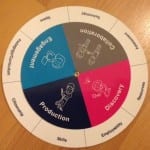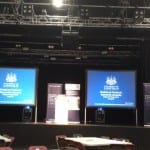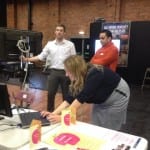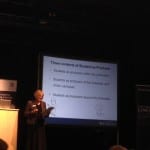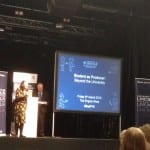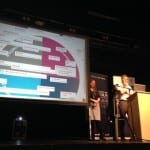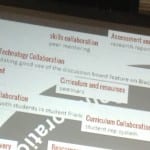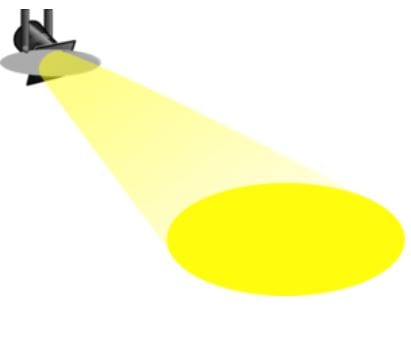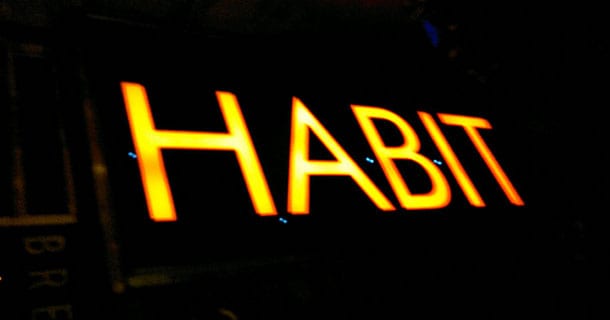Think of the Wheel. Think of Student as Producer being co-constructed for present and future cohorts at the University of Lincoln. Think of the new Educational Development and Enhancement Unit. If you missed EDEU’s first cross university event on Friday 6th March you can still contribute to the conversation about taking Student as Producer into a new phase – Beyond the University. Just email edeu@lincoln.ac.uk or fill in the form below and get involved. [contact-form to=’swatling@lincoln.ac.uk’ subject=’Student as Producer: Beyond the University ‘][contact-field label=’Name’ type=’name’ required=’1’/][contact-field label=’Email’ type=’email’ required=’1’/][contact-field label=’Comment’ type=’textarea’ required=’1’/][/contact-form]
The Wheel contains the key elements of Student as Producer. It has four quarters; Collaboration, Discovery, Engagement, Production, and eight directions; Assessment, Citizenship, Employability, Resources, Pedagogy/Curriculum, Skills, Space, Technology. The Plenary Session of the event involved working in table teams to explore linkages between these component parts. Padlet was used to collate comments which were projected on screens for dissemination and further discussion. The future doesn’t exist in a vacuum but is always a product of past and present. Events like Student as Producer: Beyond the University are opportunities to explore where we’ve been and where we are going.
Student as Producer will always be about student engagement in their higher education experience and the merging of teaching and research. It will always have multiple layers of interpretation ranging from active involvement in learning like giving presentations, taking part in peer review or providing support for learning through schemes like PASS (Peer Assisted Study Scheme). It’s about developing students as partners in the university, not only in real-world research activities, exemplified through UROS but also as Recruiters, Reviewers and Students Consulting on Teaching (SCOTs). Student as Producer has the flexibility to work across subject disciplines and be applied to individual, teaching team or school interests but fundamentally it’s a single message – come to Lincoln for opportunities to get more than a degree. The range of potential transferable skills available is huge and not restricted to student life on-campus but also beyond in the wider community. As with all University of Lincoln initiatives, the future of Student as Producer is is being co-constructed. Everyone has an opportunity to be heard and this week’s event was part of the conversation.
